Psychotherapy can only help you if you are open to receiving the messages and guidance from your chosen therapist. You may be helped by only one session, or you may choose to continue until you have gathered the tools and info necessary for regrouping on your life’s path. Most individuals reach out for psychotherapy after a significant emotional crisis or after a series of problematic behaviors. Another incentive for reaching out is to get help with controlling or minimizing negative thoughts which can create a range of disturbing emotions, such as shame, guilt, disappointment, anger, frustration, and fear. Learning how to identify and to “own” self-doubting, irrational, fear-perpetuating, and, otherwise, unproductive thoughts is the first crucial step toward gaining control over these disturbing emotions.
Remember this important mantra: “Perception is reality.” When you change your perceptions, you change your reality. For instance, perceive your experiences as if you are doing an ongoing research project on yourself and as if your hypothesis is “I can control my well-being.” The theory behind your hypothesis is that your emotional well-being will result from intentional thinking patterns and the practicing of more effective behavioral coping strategies. Gaining control over your thoughts and emotions can be a very powerful tool for preventing the dysfunctional behavioral responses to your stress and trauma triggers. There will be situations which cause self-doubt, sadness, and anxiety, but you must continue to refocus on YOUR actions and YOUR thoughts, which are separate from what you believe that others want or how you perceived yourself in the past. You will make progress and will have setbacks, but the point is to stay focused on the genuine and complete acceptance of yourself and on taking action in ANY circumstance. The following four psychotherapeutic approaches have provided the most effective strategies.

In Cognitive Behavioral Therapy (CBT), you explore how past experiences and messages are triggering current emotional and behavioral responses. You then learn how to do frequent “mindful checks” to clarify negative self-statements and ruminating thoughts. Although this process can be difficult at times, it is about the intention of trying your best to revise your daily narrative, so that you can free yourself from the obstacles interfering with your personal growth and well-being. Cognitive Behavioral Therapy (CBT) promotes your movement toward more confident and balanced thoughts, which will then result in healthier behaviors in relation to external events. Revising your thoughts can greatly decrease your anxiety, depression, and other symptoms. You can develop a strong sense of confidence by following a structured and proactive plan for acknowledging disturbing and unproductive thoughts. You can use thought-stopping strategies when triggered with too much emotional pain. You can also use thought-replacement strategies to refocus on the present moment when you start to feel triggered. When you take action, you can perceive yourself as a strong and wise “warrior” and not as a helpless victim.

Mindfulness Training is an effective cognitive approach and focuses on three specific areas of your daily functioning: (1) physical activities, (2) mood states, and (3) thought organization. Physical activities include social interactions, nutrition habits, exercise, and career-focused and/or academic-focused behaviors. Mood states include the internal reactions to your daily experiences and your ability to identify, process, and regulate your emotions as they occur. Thought organization includes the ability to prioritize your productive self-talk and to manage the mental “noise” which can interfere with the accomplishment of your true life goals. When practicing mindfulness, you must be willing to move out of your comfort zone and to try hard to view situations with no self-judgment and no fear. If you keep trying to be mindful of your daily actions, you will gradually learn how to accept negative circumstances as part of the therapeutic process and not as obstacles to your mental stability and strength. Being mindful really CAN create a sense of emotional well-being, because you are accepting all emotional states as catalysts for increased and unconditional self-acceptance. You will find that this well-being transfers to your romantic relationships, work relationships, peer relationships, and family relationships.
Solution-Focused Brief Therapy (SFBT) uses coping questions to help you in remembering and validating your previous effective solutions, your personality strengths, and your summary of resources used when confronting overwhelming difficulties in the past. In SFBT, you and your therapist will collaborate to choose the most realistic coping and problem-solving strategies as they relate to your current relationships and life situations. Solution-focused therapeutic techniques are the true tests of your commitment toward applying the coping behaviors and revised self-talk which have been “rehearsed” during sessions. Solution-focused strategies can be as simple as small self-care actions, such as writing in a journal, reaching out to supportive people as needed, and allowing yourself to take breaks throughout the day with brief walks and positive visualizations.

Acceptance and Commitment Therapy (ACT) combines behavioral therapeutic techniques with mindfulness training techniques aimed at living consciously in the present, rather than focusing on past events which are out of your control. ACT is very empowering when you begin to visualize different ways to achieve your most cherished goals. Accepting your past and present circumstances as they are, without working against them, can feel very empowering and forward-focused. ACT involves a task identification process which prompts you to clarify the actions and thoughts which will move you toward achieving your goals and living as your best self. ACT also involves a task evaluation process which prompts you to evaluate your accomplishments and any setbacks which you have encountered in managing your emotional triggers. During the task evaluation process, you are actually “being your own therapist” by assessing your strengths and challenges.
Yes, psychotherapy CAN really help you but only if you are open to the process and are willing to feel vulnerable at times. Progress in your mental strength and flexibility is similar to progress in your physical strength and flexibility. You can view your psychotherapist as a personal trainer for your brain!



